Lego Group's second Asian production center has opened in Vietnam amid rising trade tensions, underscoring the Danish toymaker's growing focus on manufacturing locations to mitigate risks from US tariffs, Nikkei Asia reported.
The newspaper said that during a visit to the new facility in Binh Duong province on the occasion of its opening on April 9, Lego CEO Niels Christiansen confirmed that "building a factory in Vietnam was a very good choice", adding that this view had been confirmed "many times" over the past three years.
The CEO’s statement came on the same day that President Donald Trump’s tariffs on several countries, including a 46% levy on imports from Vietnam, went into effect. Although most of the tariffs have since been temporarily suspended, the 10% levy remains in place.
The $1 billion factory in Vietnam will supply countries in the Asia-Pacific region, including Japan and India, where demand for Lego products is growing. Lego has been shipping products to those countries from its manufacturing facilities in China. In the United States, Lego’s largest market, the company has no choice but to continue shipping products from Mexico. Lego is currently building a factory in Virginia – its seventh worldwide – which is expected to be operational by 2027.
Lego CEO says the company “wants to produce products as close to consumers as possible.” But that comes at a cost. The company has spent more than $1 billion on the Virginia plant, and once it’s complete, it will take time to train workers and get production up to a stable level.
Environmental measures are driving up costs for the company. The Vietnam factory is expected to become Lego’s first to run on 100% renewable energy by 2026, with 12,400 solar panels installed at the site.
Lego’s labor and depreciation costs last year were three times higher than they were a decade ago. The increase was not fully offset by higher revenue, contributing to an 8.7-point decline in operating profit margin over the same period to 25.2%. While still high, the new manufacturing facilities could put further pressure on earnings.
Even so, as free trade is shrinking, the company remains committed to building a supply network focused on local production for local consumption to mitigate risks.
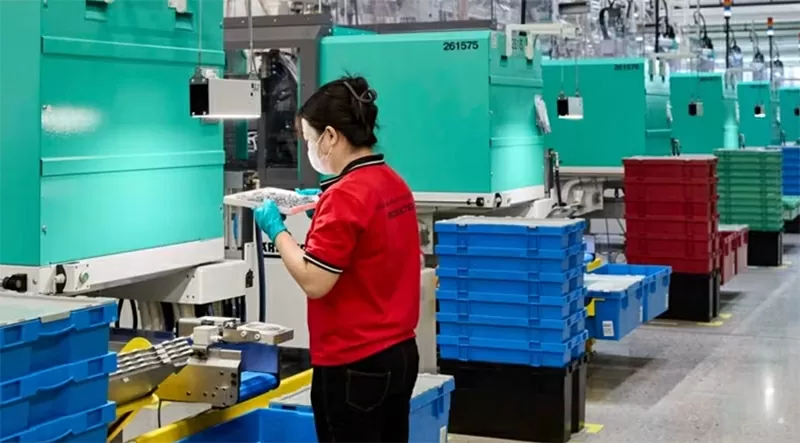 |
| The new Lego factory in Binh Duong province, Vietnam will supply markets such as Japan and India. (Lego Group) |
Still, Lego will feel the impact if Trump's tariffs dampen the global economy and consumer sentiment. About 70% of the world's toy production is processed in China -- which now faces a total additional tariff of 145% from the United States -- and the figure for toys distributed in the United States alone is believed to be around 80%.
“Tariffs will increase toy prices” and “reduce toy industry jobs,” said Greg Ahearn, president of the US-based Toy Association.
Christiansen said it was “too early to tell” how the tariffs would impact the industry. Lego has seen sales surge during the COVID-19 pandemic and has attracted adult fans, helping it outperform rivals like Hasbro and Mattel. Whether the push to produce locally will help the company weather Trump’s tariffs will soon be tested.
Source: https://baoquocte.vn/bat-chap-chi-phi-tai-cau-truc-chuoi-cung-ung-tang-lego-van-quay-lai-viet-nam-vi-mot-ly-do-rat-nhan-van-312850.html





![[Photo] Feast your eyes on images of parades and marching groups seen from above](https://vphoto.vietnam.vn/thumb/1200x675/vietnam/resource/IMAGE/2025/4/30/3525302266124e69819126aa93c41092)
![[Photo] Fireworks light up the sky of Ho Chi Minh City 50 years after Liberation Day](https://vphoto.vietnam.vn/thumb/1200x675/vietnam/resource/IMAGE/2025/4/30/8efd6e5cb4e147b4897305b65eb00c6f)

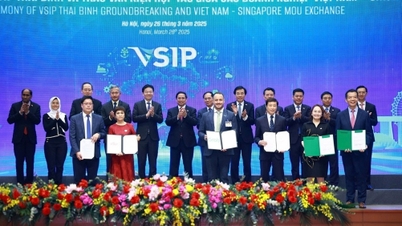

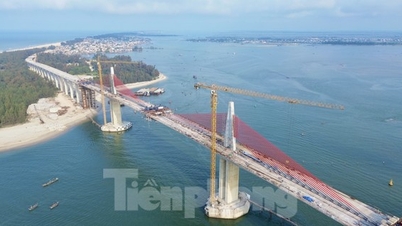
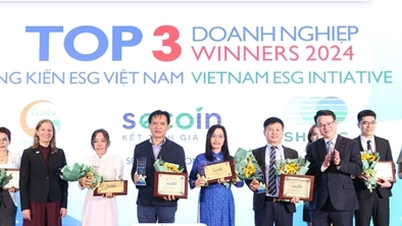
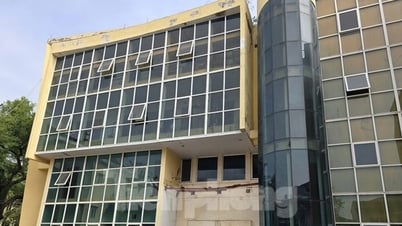




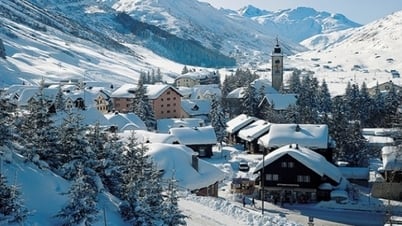
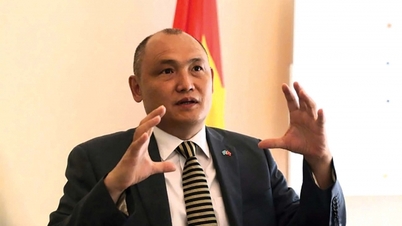


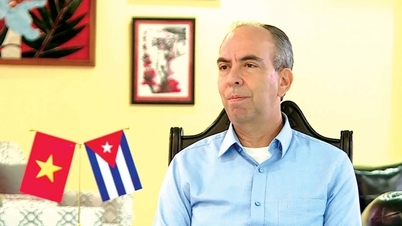




































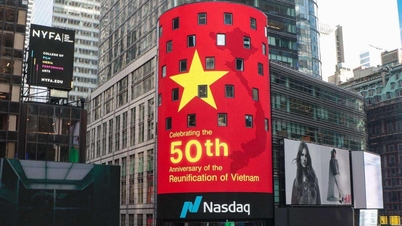

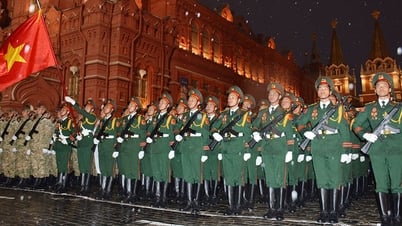












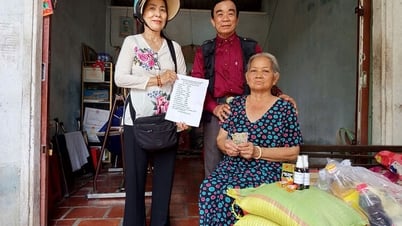

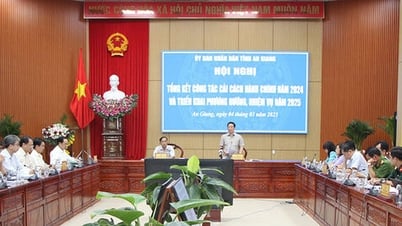
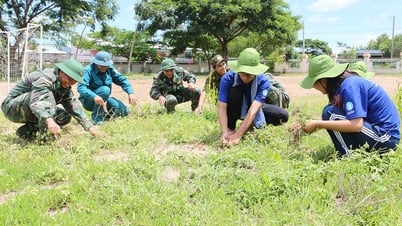















Comment (0)